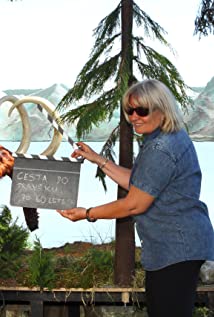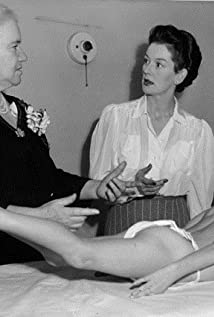Duras was the author of many novels, plays, films, interviews, essays, and works of short fiction, including her best-selling, highly fictionalized autobiographical work L'Amant (1984), translated into English as The Lover, which describes her youthful affair with a Chinese man. It won the Goncourt prize in 1984. The story of her adolescence also appears in three other books: The Sea Wall, Eden Cinema and The North China Lover. A film version of The Lover, produced by Claude Berri and directed by Jean-Jacques Annaud, was released to great success in 1992. Duras's novel The Sea Wall was first adapted into the 1958 film This Angry Age by René Clément, and again in 2008 by Cambodian Director Rithy Panh as The Sea Wall.





















